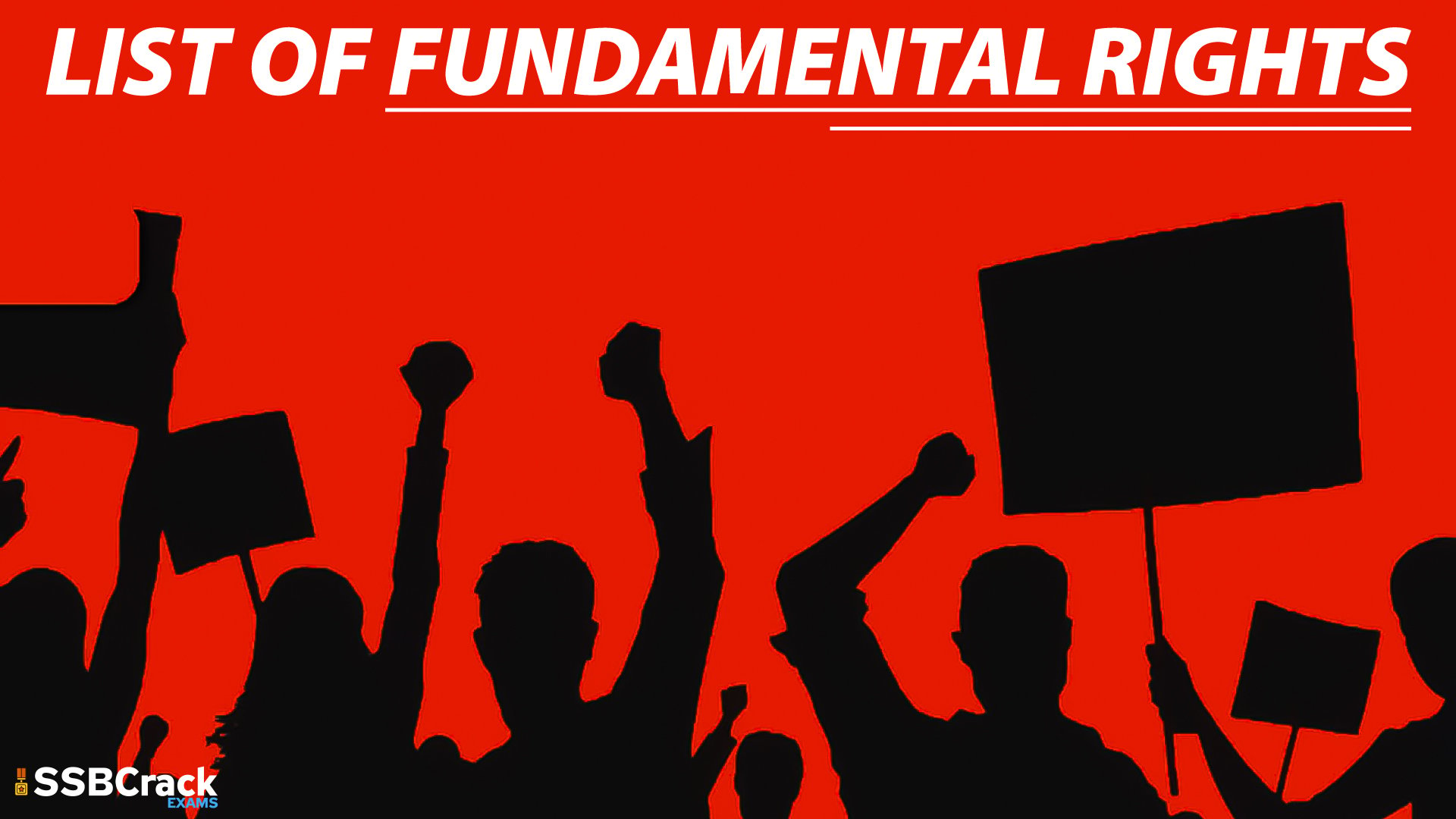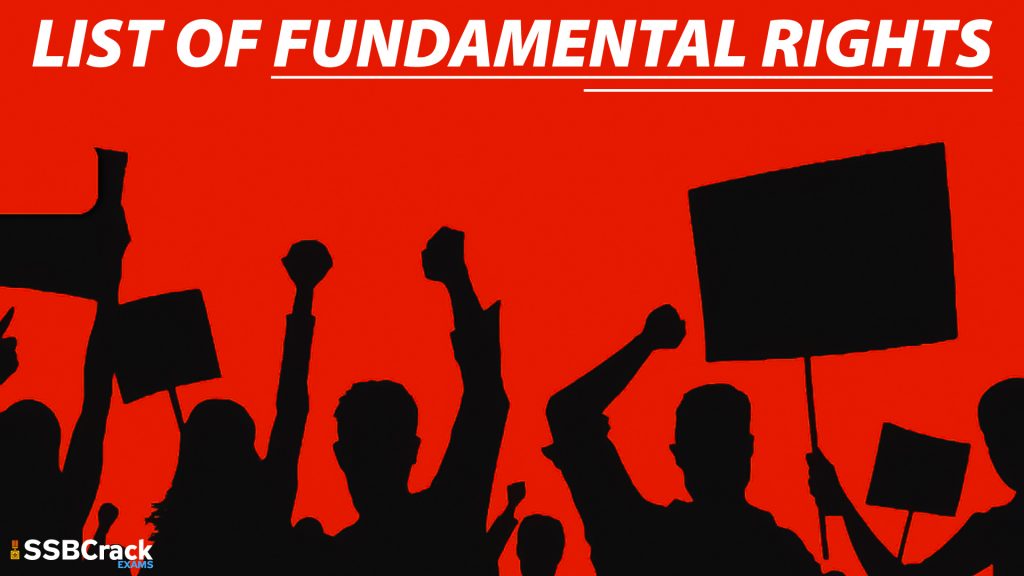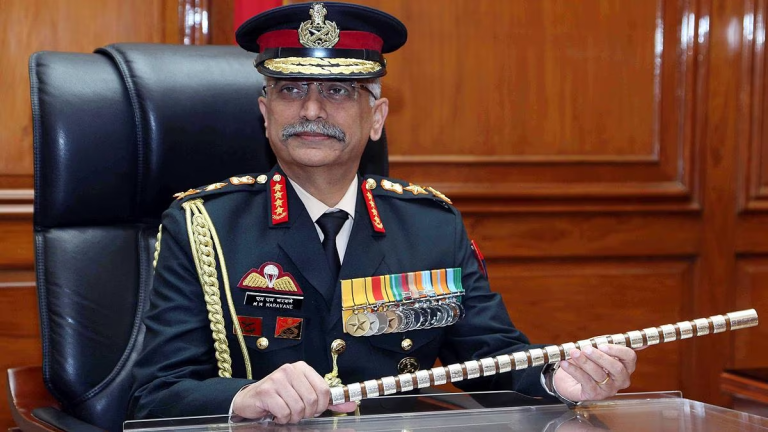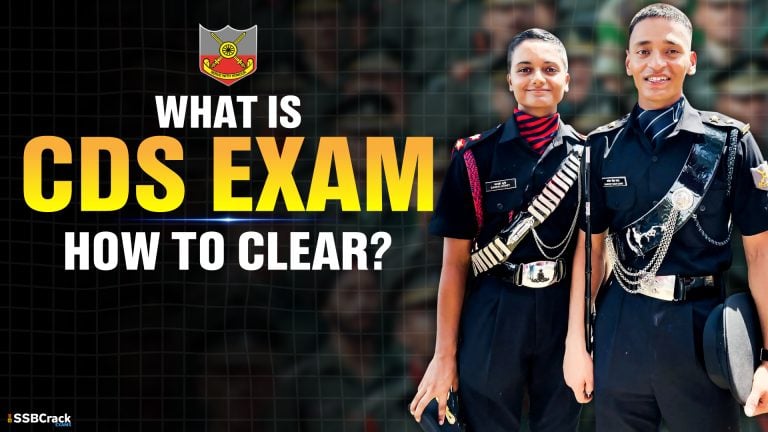The rights guaranteed by the Constitution are referred to as ‘Fundamental Rights.’ Every citizen’s physical, mental, and moral growth is guaranteed by these rights. They contain the fundamental freedoms and conditions that, by themselves, may make life worthwhile. These rights provide a sense of security to the country’s minorities. They offer the basis for majority rule’s ‘democratic mandate.’ Without core rights such as freedom of speech and expression, no democracy can operate. Fundamental Rights provide standards of conduct, citizenship, justice and fair play. They serve as a check on the government. Various social, religious, economic and political problems in our country make Fundamental Rights important.
In our Constitution, Fundamental Rights are enumerated in Part III from Article 14 to 32. These rights are justiciable.Our Constitution forbids the legislature or the government from restricting these rights by legislation or executive orders. Any law deemed to be violating or limiting the Fundamental Rights can be struck down by the Supreme Court or the High Courts.In India’s Constitution, seven fundamental rights were originally enshrined. The Right to Property, on the other hand, was removed from the list of Fundamental Rights by the Constitution’s 44th Amendment Act in 1976. It has since been made a legal right. There are presently six fundamental rights in India:
- Right to Equality
- Right to Freedom
- Right against Exploitation
- Right to Freedom of Religion
- Cultural and Educational Rights
- Right to Constitutional Remedies.
Right to Equality
(Articles 14-18)
The right to equality refers to the fact that all citizens have the same privileges and opportunities. It safeguards citizens from governmental discrimination based on religion, caste, race, gender, or place of birth. The right to equality encompasses five types of equality which are laid down in Articles 14-18.
i) EQUALITY BEFORE LAW: The constitution says that, “The State shall not deny to any person equality before law or equal protection of laws within the territory of India”. ‘Equality before the law’ indicates that no one is above the law and that everyone is equal in front of the law, and that everyone has equal access to the courts. The term “equal protection of the laws” refers to the fact that if two people from different communities commit the same crime, they will both face the same punishment.
ii) No Discrimination on the basis of Religion, Race, Caste, Sex or Place
of Birth: A citizen’s religion, ethnicity, caste, sex, or place of birth cannot be used as grounds for discrimination by the state. This is required in order to achieve social equality. Every Indian resident gets unrestricted access to stores, restaurants, public entertainment venues, and the usage of wells, tanks, and roads. The state, on the other hand, has the authority to make special arrangements or concessions for women and children.
iv) Equality of Opportunity to all Citizens in matters of Public Employment: In terms of public employment, the government cannot discriminate against anyone. All citizens are eligible to apply to work for the government. Employment will be based on merit and credentials. There are, however, certain limitations to this right. There is a particular provision for persons belonging to Scheduled Castes, Scheduled Tribes, and Other Backward Classes to be given preference for job opportunities.
v) Abolition of Untouchability: The law has deemed practising untouchability in any form a punishable offence. This provision aims to improve the social standing of millions of Indians who have previously been discriminated against and kept at a distance due to their caste or occupation.
vi) Abolition of Titles: All British titles, such as Sir (Knighthood) and Rai Bahadur, bestowed to British loyalists under British rule, have been abolished since they established artificial differences. The President of India, on the other hand, can confer civil and military honours on persons who have done distinguished service to the country in many disciplines. Civil honours like the Bharat Ratna, Padma Vibhushan, Padam Bhushan, and Padma Shri are given out, as well as military medals like the Veer Chakra, Paramveer Chakra, and Ashok Chakra.
Right to Freedom
(Articles 19-22)
The “Right to Freedom” is a set of six freedoms guaranteed to Indian people under our Constitution. These come under Articles 19-22 in the constitution. These are:
(i) Freedom of speech and expression.
(ii) Freedom to assemble peacefully without arms.
(iii) Freedom to form associations or unions.
(iv) Freedom to move freely throughout the territory of India
(v) Freedom to reside and settle in any part of the territory of India.
(vi) Freedom to practise any profession or to carry on any occupation, trade or business.
Freedom of speech and expression.
This freedom guarantees free and frank speech, debate, and the exchange of ideas. It covers freedom of press as well. However, this is not absolute. In the interests of state security, public order, morality, and other considerations, the state has the authority to put reasonable limits on the use of this right.
Protection in Respect of Conviction for An Offence
This constitutional article ensures that anybody accused of committing a crime is protected against arbitrary arrest and harsh punishment. No one shall be punished unless they have broken a law that was in effect at the time the offence was committed. An accused person cannot be forced to testify against himself or herself. No one may be punished more than once for the same offence.
Protection of Life and Personal Liberty
The Constitution stipulates that no one’s life or personal liberty may be taken away from them unless through a legal procedure. It ensures that no one’s life or liberty may be taken away from them without a court order. It assures that no one may be punished or imprisoned solely on the authority’s whim. He or she may only be punished if the law has been broken.
Prevention against Arbitrary Arrest and Detention
The arrested individual has various rights under our Constitution. According to the law, no one can be arrested or kept in prison without first being notified of the reason for their arrest. He or she has the right to speak with and be represented by a lawyer of his or her choosing. Within twenty-four hours of being arrested, the accused must be produced before the nearest magistrate.
Right against exploitation
(Articles 23 & 24)
Articles 23 and 24 of the Constitution provide citizens the right to be free from exploitation. These are the two provisions:
Prohibition of human trafficking and forced labour: Human trafficking and other types of forced labour are forbidden, and any violation of this article will be punished according to the law.
Prohibition of child labour in factories and other workplaces: According to the Constitution, no kid under the age of fourteen years old should be employed in any industry, mine, or other dangerous occupation. This right strives to eliminate child labour, which is one of the most important issues.
Right to freedom of religion
(Articles 25-28)
Every person’s freedom of conscience and the right to practise and promote any religion are guaranteed under the Constitution. It also gives every religious body the freedom to govern its own religious affairs. Every religious denomination has the legal right to build and operate religious and philanthropic institutions. Each religious group is also free to buy and manage its movable and immovable property for the spread of its religion in line with the law.
Our Constitution states that no religious education can be provided in any educational institution that is entirely funded by the government.
Freedom of conscience and free profession, practise, and dissemination of religion: Everyone has the same right to freedom of conscience and the freedom to freely profess, practise, and promote religion. However, this does not imply that one may coerce or entice another individual to convert to a different faith. Certain inhumane, unlawful, and superstitious activities have also been prohibited. Religious acts such as sacrificing animals or humans as a gift to gods and goddesses or supernatural entities are prohibited.
Freedom to manage religious affairs: Every religious group or branch thereof shall have the right to: (a) create and maintain institutions for religious and charitable purposes; (b) manage its own affairs in issues of religion; (c) possess and acquire movable and immovable property; and (d) administer such property in accordance with law, subject to public order, morality, and health.
Freedom as to the payment of taxes for promotion of any particular religion: No one shall be forced to pay any tax unless the earnings are explicitly used to pay for costs made in the promotion or preservation of a certain religion or religious group.
Freedom as to attendance at religious instruction or religious worship in
certain educational institutions: Religious teaching shall not be offered in any educational institution that is entirely funded by the state. It will not, however, apply to a state-run educational institution that was created under a trust that mandates religious teaching to be taught there.
Cultural and Educational Rights
(Articles 29-30)
Our constitution offers the essential safeguards to ensure that their culture and language be preserved and promoted. Minorities are permitted under the Constitution to create and maintain their own educational institutions. It further states that the state should not discriminate against any educational institution that receives financial help because it is administered by a minority group. These rights guarantee that the state will support minorities in the preservation of their language and culture. The state’s ideal is to conserve and promote the country’s diverse culture.
Protection of interests of minorities:Any minority group with its own language, script, or culture has the right to preserve it. No citizen will be refused entry to any state-run educational institution or receive state-funded aid solely on the basis of religion, race, caste, or language, or any combination of these factors.
Right of minorities to establish and administer educational institutions: Minorities have the freedom to construct and run educational institutions of their choosing, whether based on religion or language. The State shall ensure that the amount fixed by or determined under such law for the acquisition of any property of an educational institution established and administered by a minority does not restrict or abrogate the right guaranteed under that clause when making any law providing for the compulsory acquisition of such property. The State shall not discriminate against any educational institution that is managed by a minority, whether based on religion or language, while awarding funding to educational institutions.
Right to Constitutional Remedy
(Article 32)
Our Fundamental Rights are protected by the constitution, which includes legal remedies. Article 32 of the Constitution establishes the Right to Constitutional Remedies. When one of our rights is infringed, we have the option of seeking justice through the courts. We can go straight to the Supreme Court, which has the authority to issue directives, orders, and writs for the enforcement of fundamental rights.
Note: In addition to 6 fundamental rights laid down in the constitution, certain amendments and supreme court rulings have expanded on or clarified the fundamental rights without diluting them
Right to Education (Article 21-A)
After Article 21, a new article 21-A was introduced by the 86th Amendment Act of the Constitution. The Right to Education has been made a Fundamental Right by this Amendment Act, and it has been removed from the list of State Policy Directive Principles. “The State should offer free and compulsory education to all children aged six to fourteen in such a way as the State may regulate by law,” it states. It also specifies that it is the parent’s or guardian’s obligation to give educational opportunities to their kid or ward between the ages of six and fourteen.
Right to Privacy
On August 24, 2017, a nine-judge Supreme Court panel led by Chief Justice JS Khehar decided that the Right to Privacy is a basic right for Indian people under the Indian Constitution (mostly under Article 21 and additionally under Part III rights). As a result, no government law can be found to be in violation of it. In order to face the problems posed by the digital age, the Court adopted a broad interpretation of basic rights. Individual liberty must be extended to digital environments, and individual autonomy and privacy must be safeguarded, according to the ruling.
Conclusion
The importance of fundamental rights cannot be overstated. These rights guard our individual liberty, freedom of choice and act as the first line of defence against tyranny in any form. The founding fathers of our nation as well as the architects of our constitution were aware of the importance of empowering the individual. We see that vision clearly in the way fundamental rights were formulated and later expanded upon. They also intended to instill in us, a sense of responsibility and duty towards our nation, that grants us these important rights.
Also Read:
- List Of National Parks In India
- List Of Dams In India [Highest, Longest, Largest, Oldest & State-Wise List]
- List Of Tiger Reserves In India
- List Of World Heritage Sites In India [UPDATED]


















